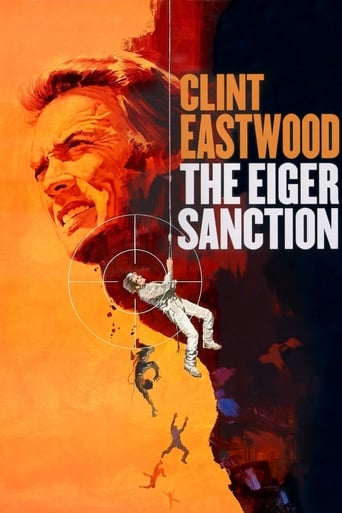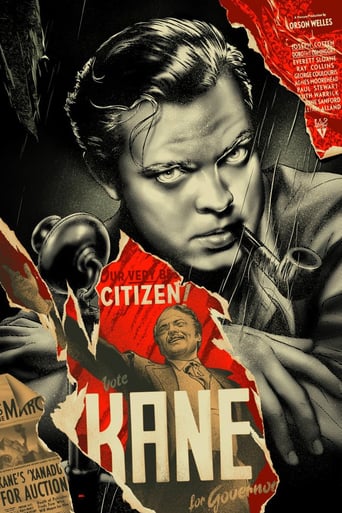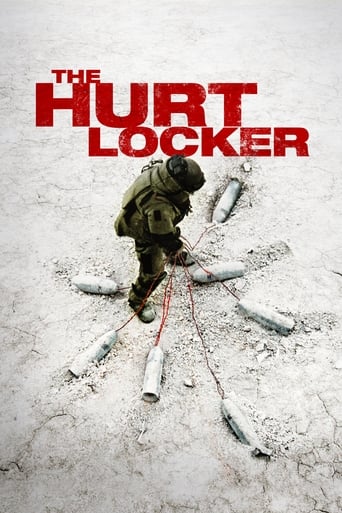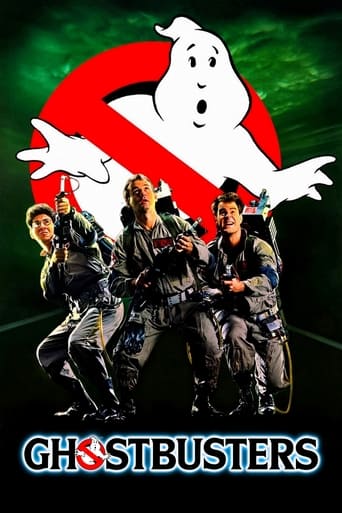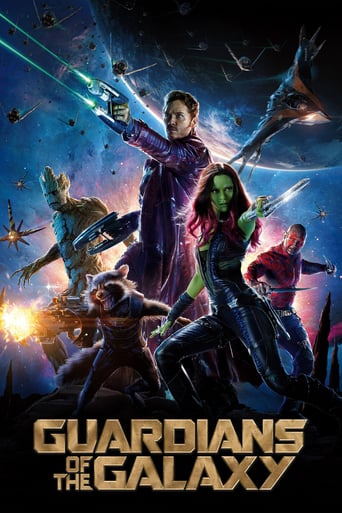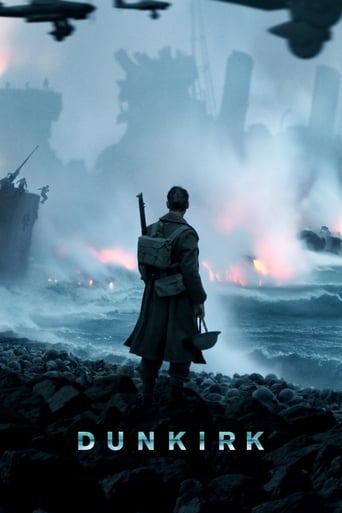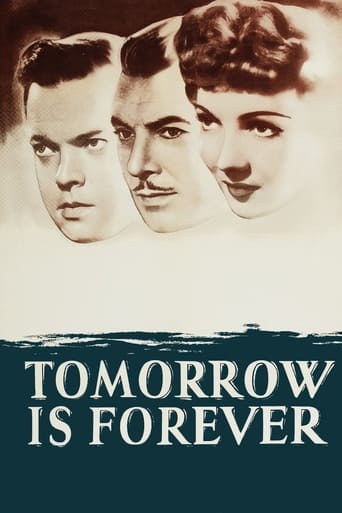


Tomorrow Is Forever
In 1918, Elizabeth MacDonald learns that her husband, John Andrew, has been killed in the war. Elizabeth bears John's son and eventually marries her kindly boss. Unknown to her, John has survived but is horribly disfigured and remains in Europe. Years later, on the eve of World War II, Elizabeth refuses to agree to her son's request to enlist and is stunned when an eerily familiar stranger named Kessler arrives from abroad and becomes involved.
-
- Cast:
- Claudette Colbert , Orson Welles , George Brent , Lucile Watson , Richard Long , Natalie Wood , John Wengraf


Similar titles
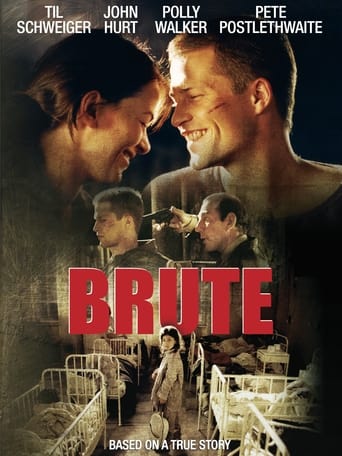
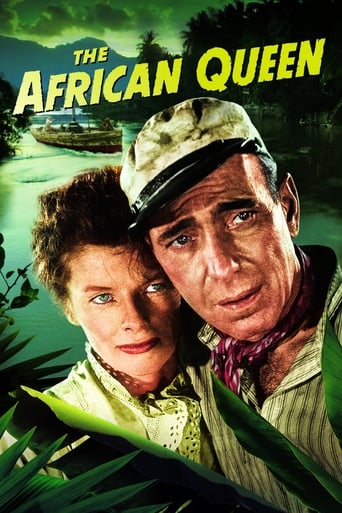
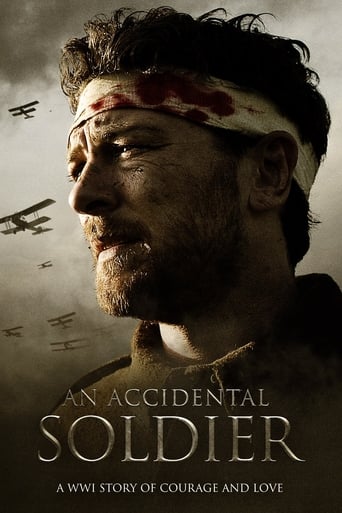
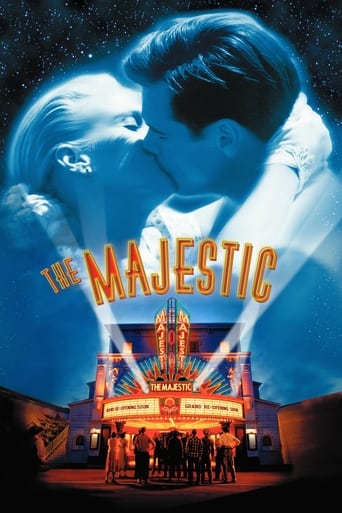
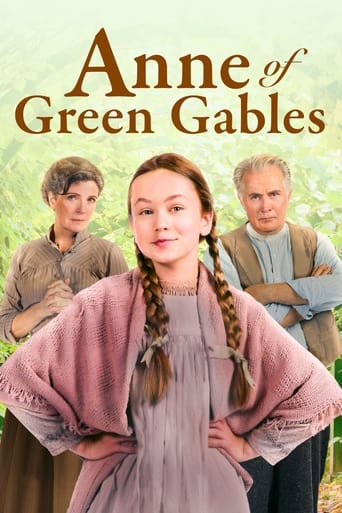
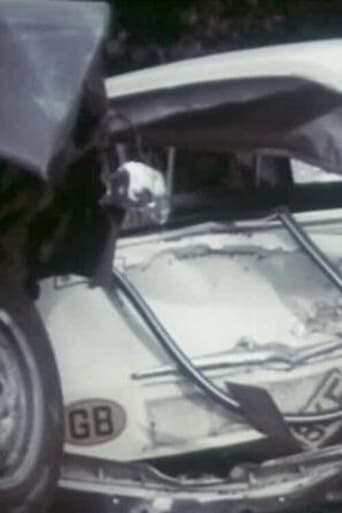


Reviews
i know i wasted 90 mins of my life.
Good concept, poorly executed.
A film of deceptively outspoken contemporary relevance, this is cinema at its most alert, alarming and alive.
One of the best movies of the year! Incredible from the beginning to the end.
Copyright 31 December 1945 by International Pictures, Inc. Released through RKO Radio Pictures, Inc. New York opening at the Winter Garden: 21 February 1946. U.S. release: January 1946. U.K. release: 18 February 1946. Australian release: 1 August 1946. 9,501 feet. 105 minutes.SYNOPSIS: Working wife thinks her husband has been killed in WW1. In reality, he has been crippled and disfigured.NOTES: Although this film is often cited as the debut of Natalie Wood, in point of fact she had appeared three years earlier under her real name, Natasha Gurdin in 20th Century-Fox's Happy Land.One of the domestic market's top 36 boxoffice movies for 1945-46.COMMENT: An unrelievedly gloomy soaper, this movie has a major saving grace in the charismatic performance of Orson Welles who invests his role with such authority and conviction he has us almost believing in the familiarly melodramatic story. The other players are also competent enough, though none can stand anywhere near Welles. In fact it could be claimed that they tend to rely too much on their customary mannerisms, whereas Welles subjects his to the demands of his role. Pichel's direction is more fluid than usual, taking advantage of the film's unexpectedly large budget with its massive sets and heaps of extras. Valentine's photography as usual is a major asset. Even at its most hackneyed or depressing, the picture is always most attractive to look at. Other technical credits are likewise "A"-grade through and through. It's a pity all this money and expertise has been thrown into such a well-worn and unintentionally ridiculous old gaslight plot. No matter the realistic cleverness of Lenore Coffee's up-dated dialogue, you simply can't disguise a basically unbelievable story-line. Though Welles gives it a great try - and almost succeeds! OTHER VIEWS: A sudsy melodrama of disappearing husbands and unrequited love, made watchable by Orson Welles' powerful presence and Joseph Valentine's atmospheric photography. Pichel's direction is occasionally stylish, but often plodding and pedestrian. Even Steiner's score seems second-rate, despite the movie's lavish production values. - John Howard Reid writing as George Addison.
This film features Claudette Colbert, Orson Welles, and an 8-year-old Natalie Wood in her first credited role, as well as a script written just after WWII ended which addresses the question of going off to war. It's worth watching, but a bit melodramatic.The premise: Welles and Colbert are newly married, Welles surprises Colbert by deciding to go off to WWI, but then gets his face blown off. He's unknown and heavily bandaged in the hospital, and in his depression, doesn't want to correct the report back to his wife, which was that he was killed in action. Fast forward 21 years. Welles has been living in Vienna, but flees to America with a small child (Natalie Wood) after the Nazis have killed her parents. Meanwhile, Colbert has had the child he didn't know she was carrying when he left, and re-married (to George Brent). Naturally, Welles then inadvertently meets her and her new family. What first seems to be a story focusing on the pathos of seeing the love of one's life now living with someone else, quickly gives way to the stronger moments of the film, which center around their son (Richard Long) wanting to go off to war himself. Despite America not being involved yet, he reasons (with the benefit of a post-WWII script) that Hitler will not stop at Poland or even Europe, and that evil must be confronted. It's a compelling argument, and my favorite interchanges was this one, which are words to ponder even today, particularly that last line:Long: "I'm not sure what's it's all about, except that when I mentioned it a few minutes ago, about aggression and conquest..." Welles: "The Nazis call it a new order. Supermen and slave people. Actually just trying to bring back the Middle Ages. Trying to bring back the past." Long: "But why should anyone want to hold back the future?" Welles: "Because the whole idea of the future is a fuller, richer life for more people. These fellows are afraid that more for the many means less for the few."On the other hand, his mother is well aware of what war can do, having lost her first husband, and we really see the crux of the problem - when is war worth fighting? WWI had little meaning, but on the other hand, WWII threatens humanity. It's very difficult in the moment to understand which of these cases it may be.Sacrifice and honor are themes which pervade the film. This must have played well to audiences of the time, and the tragedies which result may tug on heartstrings today. Welles sacrifices his life to fight for his country, and then sacrifices his happiness so that his wife won't be burdened by his injuries. His son wishes to follow in his footsteps, and is so eloquent and rational. There is naturally a tragedy to this, heightened as Welles speaks to both, without them knowing who he is. Thomas Paine is quoted in the best of their conversations: "A man who kept a tavern was standing in his door, with as pretty a child in his hand, about eight or nine years old, as I ever saw. And after speaking his mind as freely as he thought was prudent, he finished with this unfatherly statement: give me peace in my day. Remember that's what Chamberlain said when he came back from Munich: 'peace in our time'. A more generous parent would have said, if there must be trouble, let it be in my day, that my child may have peace." Unfortunately there are several moments that strain credibility. Out of all the employers in Baltimore, Welles happens to get a job with the man who has married his wife. Ok, we'll give the film that one, as it sets up everything else. But how about Colbert not recognizing him at all, via his voice or his eyes? Ok, he was supposed to be tragically disfigured and needed plastic surgery, so let's give the film that one too. But then her reactions when she begins to suspect that he's indeed her first husband? The line "you're John MacDonald" is so false, as it seems to refer to a stranger - not "you're John!", "John, I know it's you!", etc. In a film that is so full of emotion, this moment and those that follow between the two of them don't feel authentic. In general, the acting in the film is rather staid, which in part reflects the stoicism of the time, but also just average performances, much as I like the actors. The film also lays it on rather thick as the story plays out, and it gets a little heavy-handed in the direction it takes. A mixed-bag, worth seeing, but falls a bit short.
The fact that "Tomorrow is Forever" is an exceptional movie came as no surprise to me. After all, it features three exceptionally talented actors. I always love films these folks are in--especially George Brent and Claudette Colbert.The film begins with a husband (Orson Welles) going off to fight in WWI. He is reported killed but what his wife (Colbert) didn't know is that he is alive--but he refuses to tell the doctors in the POW hospital who he is. Why? Because he was horribly disfigured and knows it will take lots of plastic surgery to give him a new face. Years pass. Colbert has married a nice man (Brent) and the son she was expecting on Welles' death (Richard Long) thinks Brent is his actual father and they are a happy family. However, two things occur to shake up this home. First, WWII arrives and Long wants to go off to war (causing Colbert to become very upset since she is reminded of her own young husband going off to war--never to return). Second, Welles arrives. What will happen next? This is a very, very sentimental film. While some may call it a 'woman's film', I think it's very good all around because of the amazing acting and the nice original plot. Well worth seeing.By the way, at one point in the film, Richard Long says he's attending the University of Maryland and it used to be just a little medical college. I attended the school and actually it was originally an agricultural school.Also, Natalie Wood plays a young German girl in the film. With her odd accent and blonde hair, you might miss this.
I quite agree with another poster who...going against the tide...said that his is not a typical tear jerker film, and that this film has many "layers" of depth.The plot involves husband (Orson Welles) who goes off to WWI, leaving behind wife (Claudette Colbert). Although the war ends, Colbert does not learn that her husband has been killed until later. Except, he's not dead, just gravely injured, has to have extensive plastic surgery, and decides not to return to the U.S. until 19 years later, just as WWII is about to begin. Meanwhile, supposedly widowed Colbert marries her boss -- George Brent, has two sons, but one is actually her first husband's son (but the boy doesn't know it). The elder son (Richard Long) intends to enter the war with the Canadian RAF, although he is too young to do so without his mother's permission, and she is still bitter over her first husband's death in the previous war. Meanwhile, Welles goes to work for Brent's company, not knowing Brent is married to his former wife. He becomes a frequent house guest, and in the end steps in and saves the son from going off to war without mom's permission. Then, Welles dies of pneumonia, leaving a girl he has "adopted" to Colbert and Brent.Welles is superb here, in what is a very depressing role. Brent, equally wonderful as the all around good guy and substitute father. And Colbert -- as always -- was wonderful.But...one problem. Welles' character -- despite plastic surgery, a beard, and 19 years -- still looks and sounds like Welles. And it takes an awfully long time of close contact before Colbert recognizes hi, On the other hand, this film gets pretty deep into the conflicting emotions of an soldier-victim of war, of the widow of a war victim, and particularly noteworthy -- of a child affected by war (Natalie Wood).Aside from the leading roles, several of the supporting roles here are worth noting. This was Natalie Woods' first credited role, and she is remarkable here! Lucile Watson turns in another gem of a performance as the old aunt. And Richard Long does well as the elder son (although, he seems quite different here than in most of his other roles).This is almost a great film...were it not for Colbert not recognizing the love of her live, I'd give it an "8" -- a rarity.

